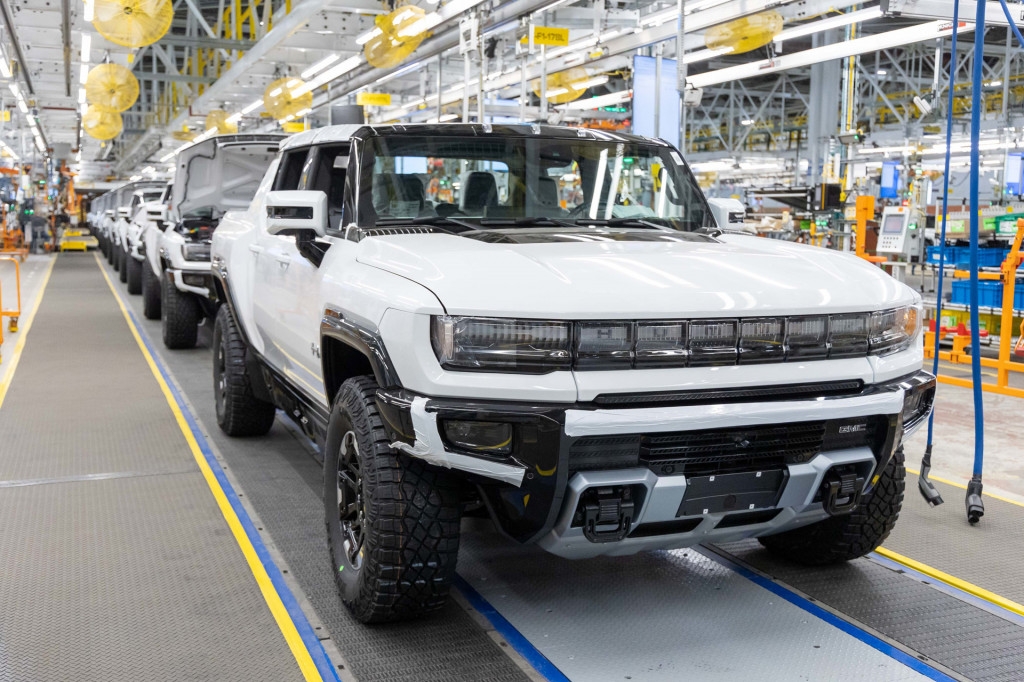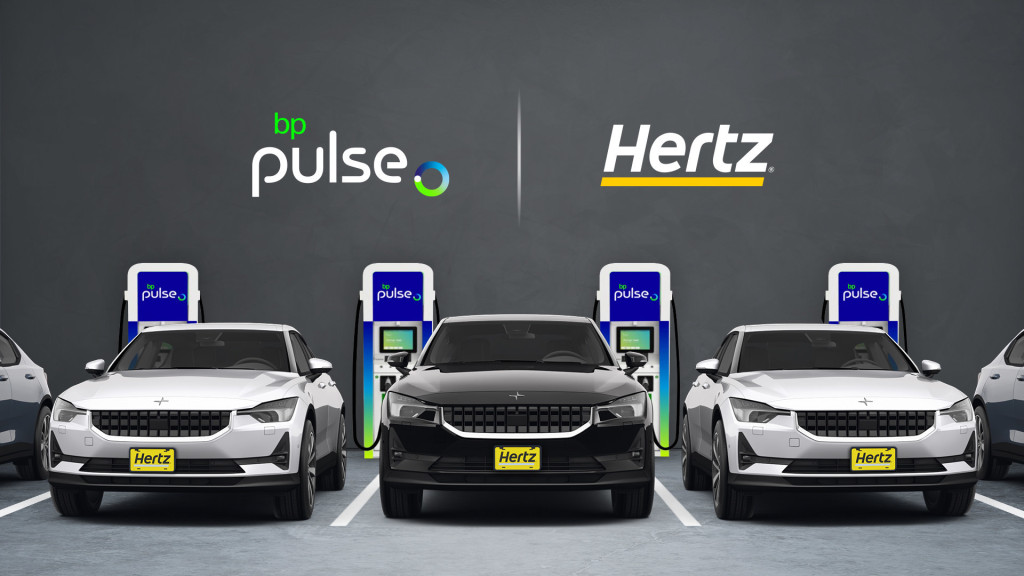The oil business final week launched a authorized problem versus the U.S. EPA and its newest light- and medium-duty automobile requirements set for the 2027-2032 mannequin years.
The case was filed by the American Petroleum Institute (API), which represents members starting from valve makers to Shell and Exxon Mobil. Becoming a member of in are the Nationwide Corn Growers Affiliation, over accusations that corn ethanol wasn’t taken under consideration as a “important and efficient local weather answer,” and the American Farm Bureau Federation, which claims that the requirements will drive up the price of farm automobiles “and pressure farmers to depend on a charging community that doesn’t but exist in rural areas.”
Additionally behind the lawsuit on the car-and-light-truck facet is a bunch of six auto sellers, largely from center America, “representing sixteen manufacturers and collectively working dozens of dealerships in main markets throughout the nation.” There are about 18,000 new-car dealerships within the U.S.
A press launch accompanying the submitting of the lawsuit referred to as the EPA requirements an electrical automobile mandate, though that accusation was omitted from the precise case petition.
Difficult the inevitability of plug-in automobiles
The case challenges the EPA guidelines for 2027-2032 confirmed in March and e book famous within the federal register in April. These guidelines slot in with the Biden administration’s efforts to curb greenhouse-gas emissions, scale back smog-forming emissions, and increase public well being. The requirements clearly don’t mandate EVs, though primarily based on the way in which they’re structured the EPA projected that EVs would possibly make up 56% of new-vehicle gross sales by 2032—to ensure that full-line automakers to maintain delivering massive, gas-guzzling vehicles as properly.

2022 GMC Hummer EV pre-production at Manufacturing facility Zero plant in Detroit, Michigan
Over the long run, these guidelines will go hand-in-hand with the investments in EV and battery infrastructure championed by the Inflation Restoration Act.
“EPA’s last rule exceeds the company’s statutory authority and is in any other case arbitrary, capricious, an abuse of discretion, and never in accordance with regulation,” the plaintiffs petition.
The EPA had already reeled again these newest 2027-2032 guidelines versus the harder ones, finalized in 2022, that decision for will increase of 8% in 2024 and 2025 and 10% in 2026. These guidelines have been formed partly to make up for a rollback underneath President Trump that reduce the annual fleet enchancment from about 5% in Obama-era guidelines to only 1.5%, and though steeper they weren’t met with the identical stage of pushback from the oil business.
MPG guidelines have already been softened
Corresponding last guidelines for Company Common Gas Financial system (CAFE) revealed earlier within the month and meant to coordinate with the EPA requirements, go straightforward on truck and SUV mpg versus what was initially proposed—prescribing an annual enchancment for 2027-2031 of simply 2% for passenger automobiles and a pair of% for mild vehicles for these mannequin years.
The pushback additionally goes in opposition to the greener picture that a variety of large, multinational oil firms—now seeing them as vitality firms—need to keep. Shell, as an example, has shed a few of its fuel stations in favor of EV charging, and BP, notably, spoke out to amass any stranded Tesla Supercharger websites when the EV maker pulled again on its buildout of fast-chargers.

Hertz and BP Pulse accomplice for EVs and charging
In the meantime 13 states plus the District of Columbia have adopted a California plan mandating EVs, working towards 100% EVs and plug-in hybrids by 2035. In April, the U.S. Court docket of Appeals for the D.C. Circuit as soon as once more rejected a problem to California’s priority in establishing air pollution limits.
Up till now, automakers have largely supported these last guidelines publicly and in an funding sense, though lobbying efforts would possibly present in any other case. Most seem to acknowledge that the EV shift is an effective factor for world competitiveness.
The organizations haven’t stopped with automobiles. A companion lawsuit filed Tuesday primarily did the identical for vehicles, difficult the EPA’s heavy-duty truck emissions requirements, additionally introduced in April.
Final month, Presidential candidate Donald Trump allegedly provided to nix Biden EV incentives in change for a $1B marketing campaign donation from Massive Oil. However a regulatory panorama that’s extra lopsided than ever may not be the long run that even the oil business would want for.


